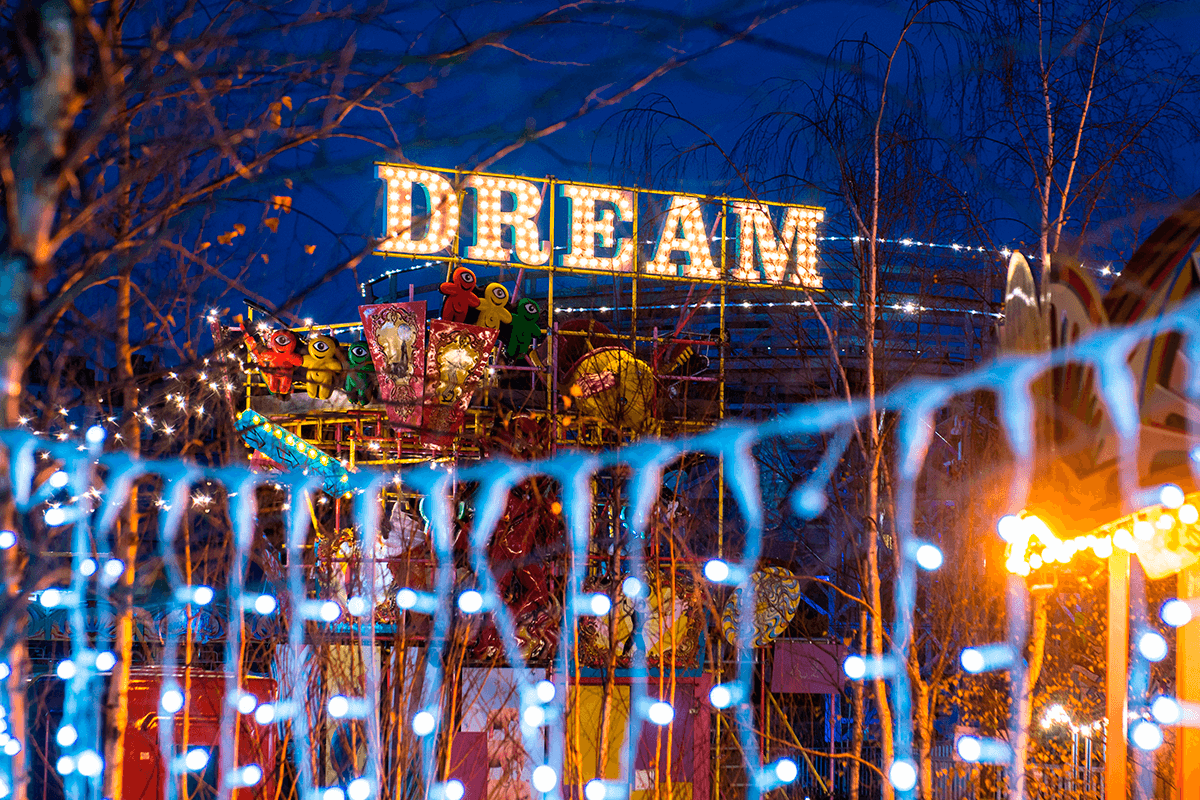Opinion: Could the octopus take over the planet when we die, asks columnist Melissa Todd
05:00, 29 November 2024
We could learn a lot from the humble octopus, says KentOnline columnist Melissa Todd, who believes the clever, curious and creative creature could outlive us all…
Recently I read how, when humans become extinct, which is probably inevitable, possibly imminent, and frankly desirable, it will be the octopus that takes over the planet.
This pleased me. I like octopuses. They are clever and aesthetically alluring, appealing to our sense of the alien and new with their many tentacles and shape-shifting properties. And they can hardly make a worse hash of it than we have. If you’re feeling sad, I recommend you find the video of an octopus giving a baby shark a lovely cuddle, enfolding him tenderly in his blanket-like self. The shark looks peaceful and comfy. Other fish surround them to stare, in envy and wonder, I assume: I don’t speak fish, and it’s likely their body language differs from ours, given their inability to raise an eyebrow or shrug. But this doesn't mean they don't feel or think. The problem with measuring intelligence in other species is that we tend to look for skills we value in humans, of which other species often have no need.
It has long been assumed our closest primate relatives will take over when we destroy everything, but in fact they’re likely to pre-decease us. Anything that needs fertile land and fresh drinking water, anything susceptible to pandemics, won’t stand a chance against this brave new world we’ve greedily created. Over the past 40 years the total number of wild animals living on earth has reduced by half, and one in six species are on course to go extinct imminently as a result of climate change. That’s how thick we are.
They’re not social creatures. They are solitary and territorial. This we have in common. They don’t want to hang out with other octopuses all day long, chattering about their holidays, aching tentacles, how well their kids are doing. With no desire to bond or impress or undermine anyone, they will enjoy more time to problem-solve, and are qualified to do so, being adept at interacting with other species, and adapting to changing environments.
Of course, everything rather depends on how our own world will end, a subject of endless speculative delight to the committed misanthrope. Will it be climate change? Nuclear war? Another pandemic? So many possibilities. Will it be rising temperatures or new conflicts raging over increasingly scarce resources? Maybe the destruction of ecosystems, loss of biodiversity, pollution? Or perhaps AI? All man-made catastrophes, you will note.
If we last long enough to poison the oceans completely, or swamp them in plastic, we’ll take the octopuses down with us. But if our robots kill us all, surely they won’t bother with the inoffensive octopus, so adept at hiding himself, so keen to be left in peace. Octopuses live to breed: the male dies soon after sex, while the female dies as soon as her brood is hatched. Their world need not fear ageing populations or decadent, dissolute ruling classes, storing up luxuries for their families and cronies. Instead, they will hide, breed, die. An end to want; to hope, yes, but also to despair. Hide, breed, die.








